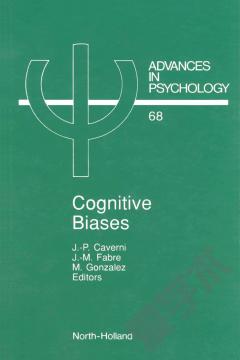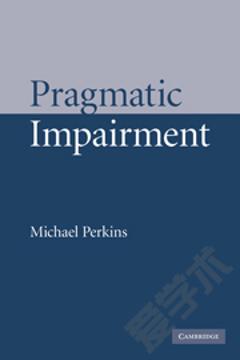Cognitive Pragmatics
Speakers tend to compose their utterances in such a way that the message they want to get across is hardly ever fully encoded by the meanings of the words and the grammar they use. Instead speakers rely on hearers adding conceptual and emotive content while interpreting the contextually appropriate meanings and intentions behind utterances. This insight, which is of course particularly relevant in all kinds of indirect, figurative or humorous talk, lies at the heart of the linguistic discipline of pragmatics. If pragmatics is the study of meaning-in-context, then cognitive pragmatics can be broadly defined as encompassing the study of the cognitive principles and processes involved in the construal of meaning-in-context. While it would seem only natural that pragmatics as such should have addressed such cognitive issues anyway, it has mainly been due to the historical rooting of this discipline in the philosophy of language that psychological aspects have not been in the pragmatic limelight to date.
{{comment.content}}








 京公网安备 11010802027623号
京公网安备 11010802027623号